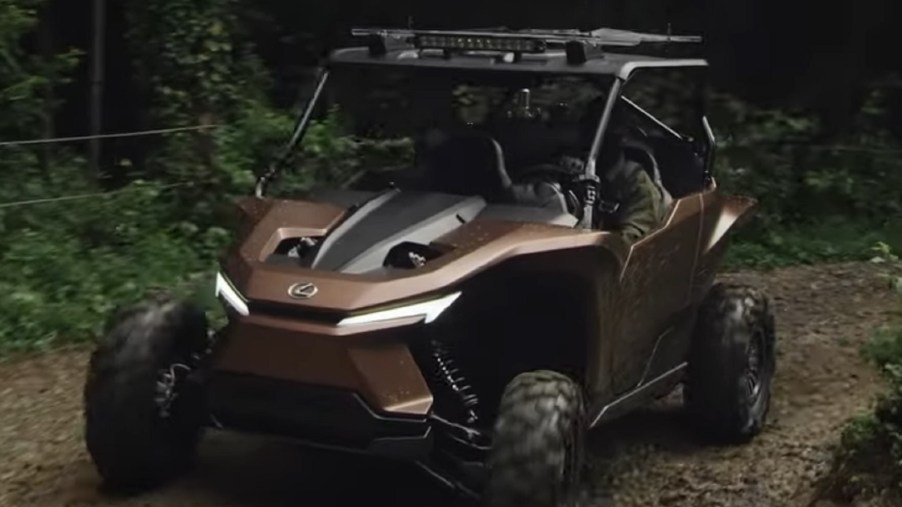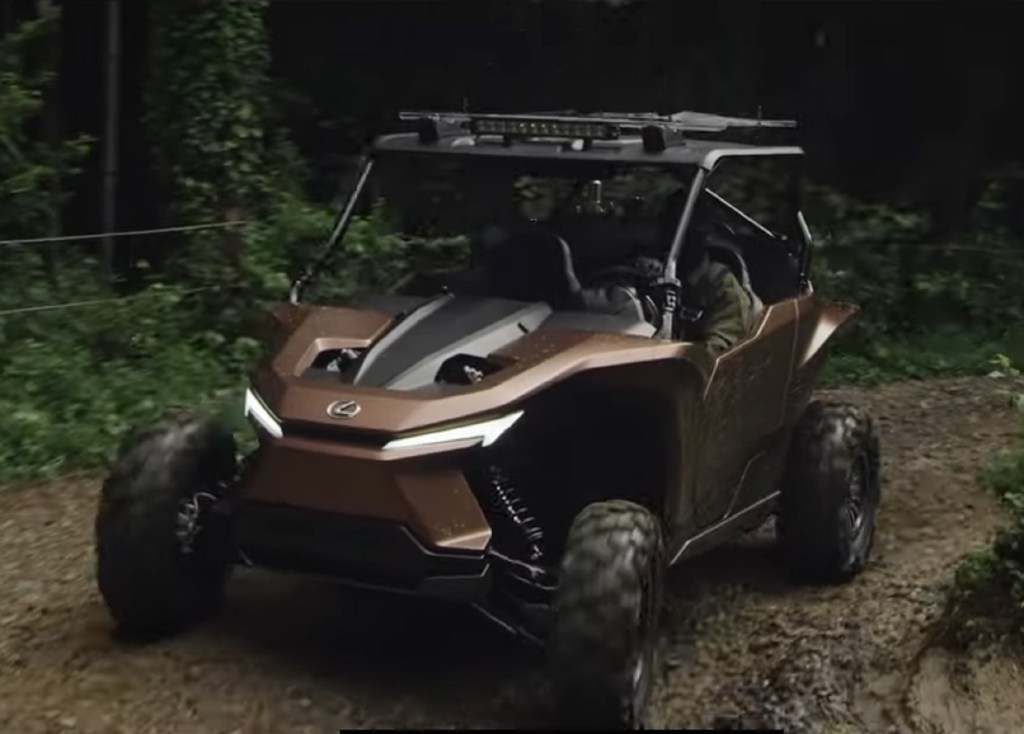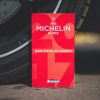
Lexus Gives the LX a Hydrogen-Powered UTV Off-Road Buddy
Although the next-gen Land Cruiser isn’t coming to the US, we are getting the next best thing. Or rather, because the 2022 Lexus LX 600 is based on the new Land Cruiser, a different version of the same thing. Unfortunately, the new LX’s most off-road-focused trim seems to be Japan-only for now. However, while it’s not an SUV, Lexus seemingly has an alternative: a hydrogen-powered UTV.
After debuting the 2022 LX, Lexus also showed off its UTV—er, its Recreational Off-Highway Vehicle

Earlier this month, Lexus showed off the first images and specs of the upcoming 2022 LX 660, the successor to the current LX 570. But towards the end of the virtual press conference, the company had one more thing to share. Lexus calls it the Recreational Off-Highway Vehicle—we call it a UTV, or perhaps a side-by-side.
As of this writing, Lexus hasn’t released any official specs for this ROV UTV. But it’s possible to glean some overall details from the footage shown below.
Firstly, Lexus styled its UTV similarly to its passenger cars and SUV. And it has all the features necessary to tackle rough muddy trails and deep puddles. For example, it has knobby off-road tires, long-travel suspension, a roll cage with a top-mounted light bar, and a fold-away windshield. Though perhaps that shouldn’t be surprising, given that the Lexus LX is more off-road-capable than many realize.
What’s more surprising, however, is the ROV’s powertrain.
The Lexus ROV UTV is powered by hydrogen, but it’s not electric
While UTVs typically aren’t allowed in many protected wilderness areas, this Lexus one might be an exception. That’s because it doesn’t run on gasoline or diesel—it runs on hydrogen. But not in the way you might expect.
Usually, hydrogen is associated with fuel-cell electric vehicles. And you’d be forgiven for assuming this Lexus UTV is such an EV, given that Toyota makes the Mirai. However, the ROV isn’t an FCEV. It’s not an electric UTV at all, though such vehicles do exist. Instead, it has a hydrogen combustion engine.
Hydrogen combustion engines work on the same principles as gasoline- and diesel-powered ones, Gear Patrol explains. It’s just that rather than burning fossil fuels, these engines have hydrogen and air reacting to produce usable energy. But because it uses hydrogen as a fuel source, the Lexus UTV doesn’t produce CO2. Though it does produce other greenhouse gases, such as NOx, besides water vapor.
Will this unusual UTV make it to production?

Using hydrogen as a combustible fuel source is rather unusual for any UTV, Lexus or otherwise. But Toyota has been tinkering with the notion for some time. Earlier in 2021, it showed off a Corolla race car powered by such an engine. And it’s considering bringing back the Celica with this kind of powertrain, too. Plus, putting it in an ATV, UTV, or side-by-side makes some sense, Gear Patrol muses. Hydrogen combustion engines aren’t as powerful as fossil-fuel-powered ones, but that’s not really an issue for a lightweight off-roader.
As for the ROV, though, it’s technically a mobility concept, Gear Patrol says. And it’s unlikely that Lexus will ever put it into production, Motor1 reports. So, for now, towing a Lexus UTV with a new LX SUV to go off-roading will have to remain a fever dream.
Follow more updates from MotorBiscuit on our Facebook page.


